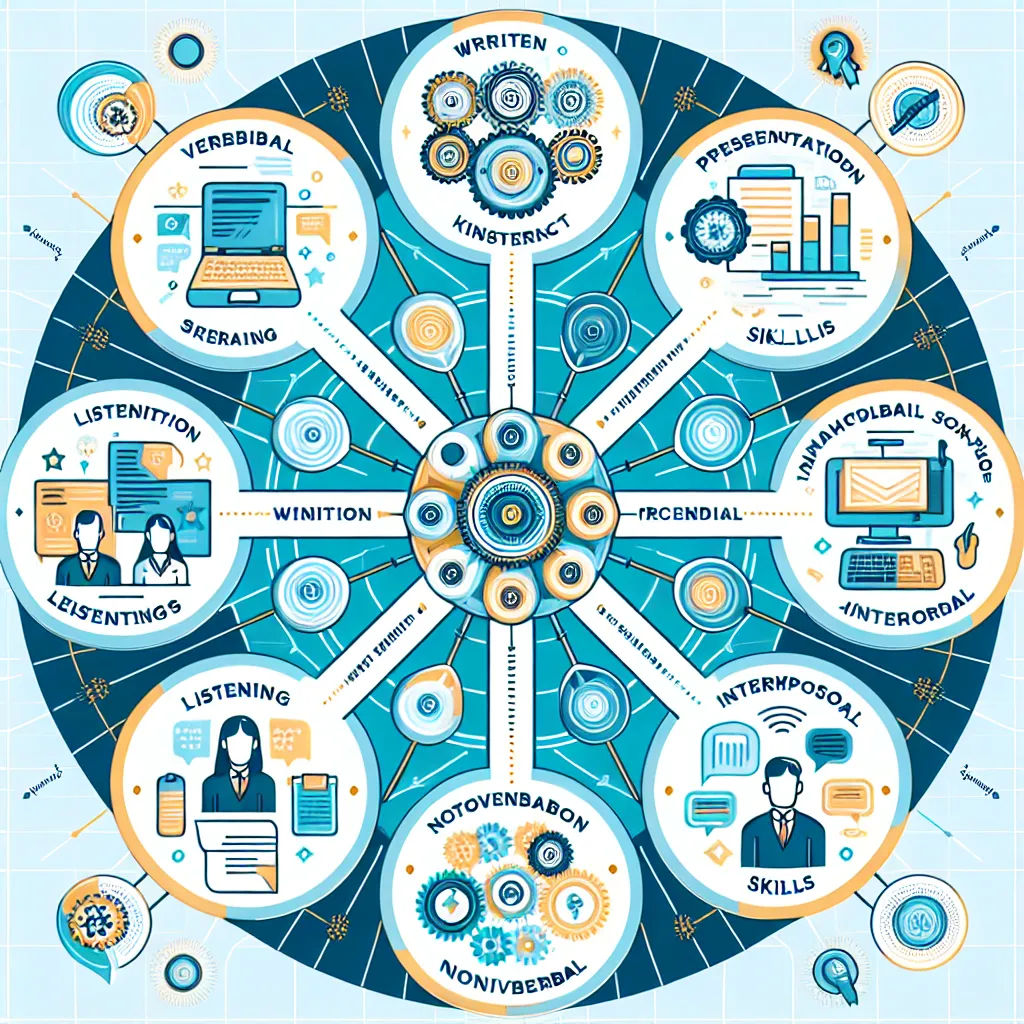Critical thinking is a crucial skill that employers highly value in today’s fast-paced and complex work environments. When interviewing for a job in English, it’s essential to effectively communicate your ability to think critically. This article will guide you through the process of discussing your critical thinking skills during an English interview, providing you with valuable insights and practical tips to showcase this important ability.
Understanding Critical Thinking in the Workplace
Critical thinking involves the ability to analyze information objectively, evaluate different perspectives, and make sound judgments. In a professional setting, it’s about approaching problems systematically, questioning assumptions, and coming up with innovative solutions.
 Critical Thinking in the Workplace
Critical Thinking in the Workplace
Why Employers Value Critical Thinking
Employers prioritize critical thinking skills because they contribute to:
- Efficient problem-solving
- Improved decision-making
- Innovation and creativity
- Adaptability to change
- Enhanced teamwork and collaboration
Preparing to Discuss Your Critical Thinking Skills
Before your interview, reflect on instances where you’ve applied critical thinking in your academic or professional life. Consider situations where you:
- Solved a complex problem
- Made a difficult decision
- Improved a process or system
- Analyzed data to draw meaningful conclusions
- Resolved conflicts or negotiated successfully
Structuring Your Responses
When discussing your critical thinking abilities, use the STAR method:
- Situation: Briefly describe the context
- Task: Explain the challenge or objective
- Action: Detail the steps you took, emphasizing your thought process
- Result: Share the positive outcome and its impact
Sample Interview Questions and Responses
Here are some common questions related to critical thinking, along with sample responses:
-
Q: “Can you describe a time when you had to solve a complex problem?”
A: “Certainly. In my previous role as a project manager, we faced a significant delay in our software development timeline due to unexpected technical issues. I approached this by first gathering all relevant data and consulting with team members to understand the root causes. Then, I facilitated a brainstorming session where we explored various solutions, weighing the pros and cons of each. We ultimately decided to restructure our development sprints and bring in additional expertise. This approach not only got us back on track but also improved our overall development process, resulting in the project being completed on time and within budget.”
-
Q: “How do you evaluate the credibility of information sources?”
A: “I believe in using a multi-step approach to evaluate information credibility. First, I consider the source’s reputation and expertise in the field. Then, I look for peer reviews or independent verifications of the information. I also cross-reference with other reliable sources to check for consistency. Additionally, I consider the date of publication to ensure the information is current. If it’s a critical decision, I often consult with colleagues or experts to get different perspectives before drawing conclusions.”
-
Q: “Describe a situation where you had to make a decision with incomplete information.”
A: “In my role as a marketing analyst, we once had to decide on a new product launch strategy with limited market data. I approached this by first identifying what crucial information we were missing and why. Then, I conducted a risk assessment of making decisions based on our current knowledge. To mitigate risks, I proposed a phased launch approach where we could gather real-time data and adjust our strategy accordingly. This allowed us to make an informed decision while also creating a flexible plan that could adapt to new information as it became available.”
 Discussing Critical Thinking in an Interview
Discussing Critical Thinking in an Interview
Tips for Demonstrating Critical Thinking During the Interview
-
Use specific examples: Provide concrete instances where you applied critical thinking skills.
-
Highlight your thought process: Explain how you approach problems and make decisions.
-
Show adaptability: Discuss how you adjust your thinking based on new information.
-
Emphasize analytical skills: Mention tools or methods you use to analyze data and situations.
-
Discuss collaboration: Explain how you incorporate others’ perspectives in your critical thinking process.
-
Quantify results: Whenever possible, use numbers to show the impact of your critical thinking.
-
Ask thoughtful questions: Demonstrate your critical thinking by asking insightful questions about the role or company.
Common Mistakes to Avoid
-
Being too vague: Avoid general statements without specific examples.
-
Overcomplicating responses: Keep your explanations clear and concise.
-
Focusing only on outcomes: Don’t forget to explain your thought process.
-
Neglecting to mention teamwork: Critical thinking often involves collaboration.
-
Failing to show learning: Discuss how you’ve improved your critical thinking over time.
Follow-up Questions and Suggested Responses
-
Q: “How do you stay objective when analyzing a situation?”
A: “I make a conscious effort to recognize my own biases and set them aside. I focus on factual information and seek diverse perspectives to ensure a well-rounded analysis.”
-
Q: “Can you give an example of how you’ve used data to inform a decision?”
A: “In a recent project, I used customer survey data to identify patterns in user preferences. By analyzing this data, we were able to prioritize feature development that aligned with customer needs, resulting in a 20% increase in user satisfaction.”
-
Q: “How do you approach disagreements with colleagues?”
A: “I view disagreements as opportunities for growth and learning. I listen actively to understand their perspective, ask clarifying questions, and then present my viewpoint with supporting evidence. The goal is to find a solution that incorporates the best ideas from all parties involved.”
-
Q: “What strategies do you use to make decisions under pressure?”
A: “Under pressure, I first take a moment to calm myself and clarify the key issues. I then quickly list out the available options and their potential consequences. If time allows, I consult with trusted colleagues. Finally, I make a decision based on the best available information, always ready to adapt if new data emerges.”
-
Q: “How do you validate your assumptions when problem-solving?”
A: “I start by clearly stating my assumptions and then actively seek information that could disprove them. This might involve data analysis, consulting with experts, or conducting small-scale tests. I’m always prepared to revise my approach based on new evidence.”
For more insights on how to excel in English interviews, check out our article on how to prepare for an English interview.
Conclusion
Effectively discussing your critical thinking abilities in an English interview requires preparation, self-reflection, and clear communication. By providing specific examples, explaining your thought process, and demonstrating how your critical thinking skills have led to positive outcomes, you can showcase this valuable ability to potential employers. Remember to practice your responses, stay calm during the interview, and be ready to apply your critical thinking skills to unexpected questions. With these strategies, you’ll be well-equipped to impress interviewers and highlight your potential as a valuable asset to their organization.
To further enhance your interview skills, consider exploring our guide on how to discuss your approach to problem-solving, which complements the critical thinking skills discussed in this article.




